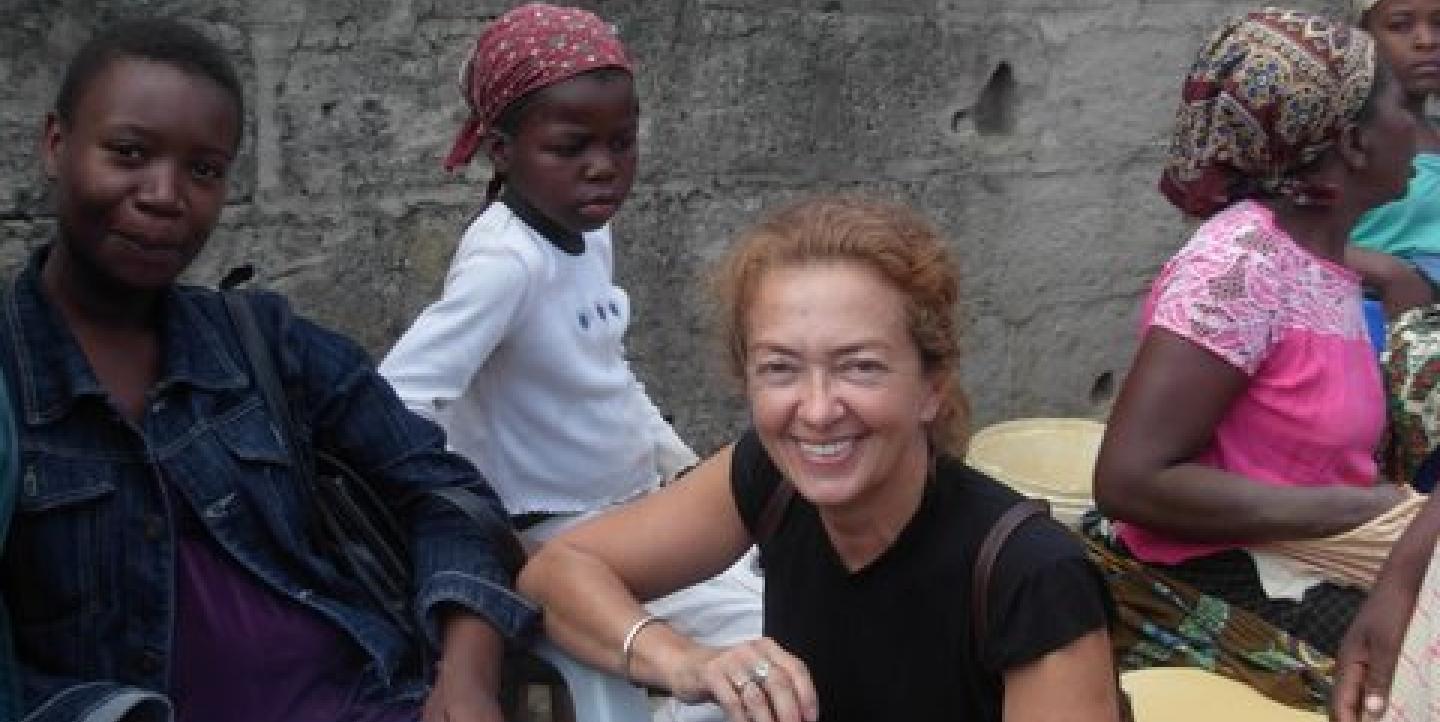Health journalist Mercedes Sayagues begins all of her training sessions with the words of Martin Luther King Jr.: "Of all the forms of inequality, injustice in health care is the most shocking and inhumane."
Sayagues is currently a Knight International Journalism Fellow in Mozambique, where she coaches journalists at weekly Savana. There she developed a health page on neglected issues like abortion, cervical cancer and breastfeeding for women with HIV.
In part two of an IJNet series on health journalism, Sayagues discusses the challenges of health reporting and what's next in the field.
IJNet: Are there any topics seen as “taboo,” health issues that make it difficult for journalists to report?
Mercedes Sayagues: Many. One is the reluctance, fueled by fear and taboos, to interview terminal patients, even when the patient wants to tell her story. In a recent story on cervical cancer, when the doctor said a woman at the oncology ward was terminal, the reporter and photographer shied away from her, even though she wanted to tell other women to go to a hospital instead of wasting time and money with traditional healers.
I have to explain that it's okay to talk, that we would miss powerful stories and quotes if we skip patients in advanced stages. I tell reporters that impending death is not contagious. That, actually, we all live with impending death; the only difference is that the terminal patient knows the cause of death.
Another problem is language…People here seldom “die,” instead they “lose their life.” A disease becomes a pathology and a bug, virus or microbe [becomes] a pathogen agent. Simplify, use normal words, that's my mantra when we go over stories.
IJNet: Are there any innovative projects for presenting health journalism to the community?
MS: An SMS pilot project started this year to remind 11,000 people on antiretrovirals (ARVs) to take their daily pills and of their next doctor appointment. About 13 percent of the population [in Mozambique] is infected with HIV. More than 200,000 have started ARV treatment, but three in 10 abandon it, so these reminders are crucial.
If successful, the scheme, launched by British NGO ARK, will be replicated at provincial level, then national. The main obstacle is that, of the 20,000 patients targeted, about half refused to give their phone number, fearing loss of confidentiality.
IJNet: What advice would you offer aspiring health journalists?
MS: Health reporting is a great way to take the pulse of a nation. Health is a marker for inequalities and injustice, for neglect of citizens and absence of a basic human right. Health reporting shows the cleavage between rural and urban, rich and poor, men and women, capital and periphery, public and private. A child in northern Cabo Delgado is three times more likely to die before age five than a child in the capital. Health is political.
Finally, health stories are about people, about our lives. Health resonates with everybody, whether illiterate or with a PhD. The best way to approach health reporting is with passion – and with time to read and do Internet searches. If you don’t do background research and fact checking, you will publish nonsense or incorrect information.

